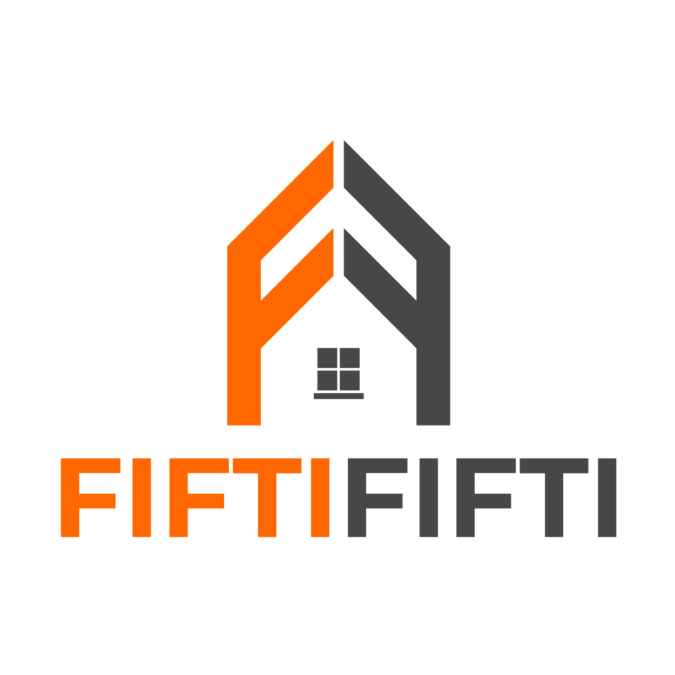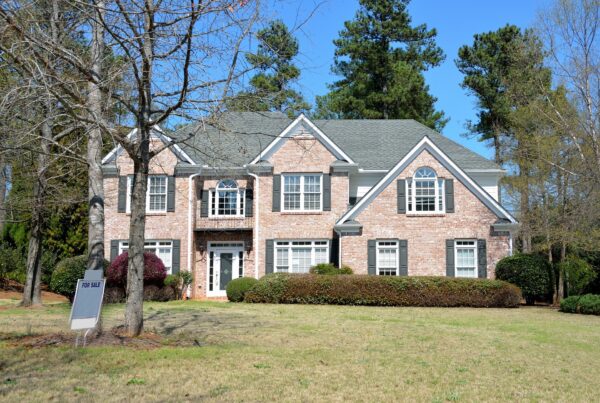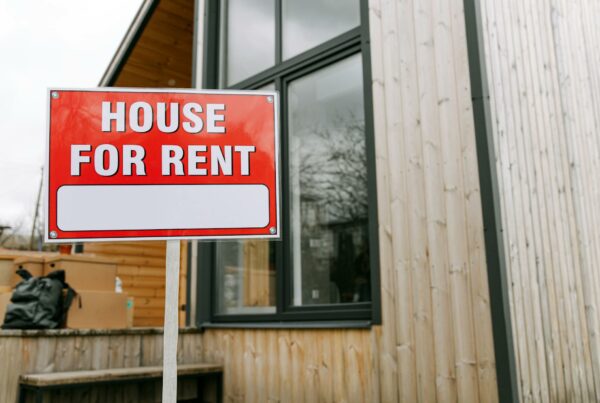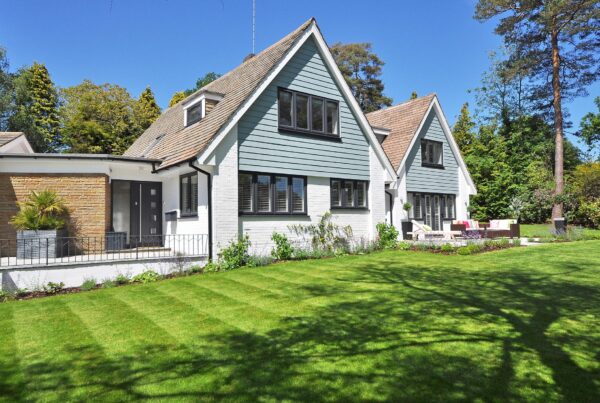Last Updated on December 15, 2023
Property management can be complex and demanding, often resulting in landlords needing help managing workloads successfully. Time-consuming work procedures and activities, which include multiple challenges such as tenant and owner expectations, as well aws keeping abreast of legislation compliance, and managing various properties, can prove overwhelming.
Landlords must resolve conflicts, deal with emergencies, and resolve maintenance issues- and that’s just the beginning; property inspections, managing open homes, attracting and screening tenants, providing property tours, communicating with owners and renters – the list goes on. In addition to all that aforementioned gruel, landlords are tasked with handling insurance claims, working with employees, and keeping up with the paperwork, making time an invaluable commodity, together with energy and focus; landlords have to juggle numerous routine tasks and perform them well – it’s certainly no walk in the park.
Viewed as such, being a landlord is a highly stressful job. Fortunately, technological advancements now permit the streamlining of many processes through automation, freeing time for essential tasks while increasing work productivity and efficiency. Traditional, manual procedures can now be digitized, thus reducing – if not eliminating – human error and saving lots of precious time.
Business Streamlining Using Property Management Software
Software solutions are changing how businesses operate across numerous sectors, including real estate; this digital transition has eliminated traditional procedures, the kind that once relied upon paper and graphs, in favor of greater efficiency and cost-effectiveness. Statistics point to growth in the property software management market, estimated at $2.7 billion by 2030. So, just what exactly is this software, and how can it empower landlords?
What Is Property Management Software, and What Does It Do?
Property management software is one type of real estate software designed to optimize property management procedures and simplify business tasks that can often be repetitive and require considerable time and monetary resources.
Handling requests, responding to tenants, tracking payments, organizing property maintenance, and maintaining property lists takes a lot of time; precious time that property management software can reduce significantly, all while improving accuracy and boosting productivity.
Property management software will offer a variety of features, and include specific functionalities, depending on management needs; some of the essential elements of property management software include:
Accounting Functions
PMS can help landlords organize banking information, debts, mortgages, and financial transactions. All financial transactions and data will be safely stored and centralized in a single management interface that can be accessed anytime from anywhere.
Communication Needs
When a landlord manages multiple properties, they must be available to assist each tenant daily as problems arise. The basis for practical assistance is good communication; phone calls and emails have traditionally been used, but this can be limiting.
Property management software permits landlords to incorporate text messages and emails, so that contacting tenants directly becomes immediate and accessible. Communications can be sent in bulk or individually, and communication or chat histories can be saved and stored for future reference. Having instant contact history access helps landlords remember which tenants are waiting for a response, and a solution.
Documentation Management
All documents, information, and data regarding managed properties, tenants, land, lease applications, screenings, and finances can be stored, organized, filed, and accessed from property management software.
Logistics and Space Organization
PMS can aid in space management and allocation by tracking and reporting space usage, equipment, materials, and amenities for better control and use of physical space resources.
Maintenance Requests and Requirements
Accidents can happen anywhere, at any time, and tenants may be unable to contact you immediately. Then, when they do finally contact you, you may need help to reach a service provider to resolve the problem. Property management software provides:
- The perfect framework for handling tenant requests
- Contacting and scheduling suppliers and servicing professionals
- Tracking and programming periodic maintenance and inspections easily and speedily
Payment Reception
When one registers payments manually, there is much room for error. Reminding tenants also requires time, and late payments can mean trouble for your business.
Online payments can facilitate many financial tasks, such as eliminating time spent billing tenants, maintaining records, collecting funds securely, and more.
An online option lets tenants consult payment statuses and print or save receipts. Automatic alerts via emails or messaging can be used for payment reminders and receipt collection.
These are just a few of the basic features that are available when choosing property management software. Still, multiple feature options can be tailored to a property management business’s specific size and needs. Custom property management software can be created if a company knows exactly what issues it needs to solve to make all business processes seamless. However, a variety of top-notch property management software options are already available on the market ready to roll!
How Can Property Management Software Benefit Landlords?
Property management software doesn’t just save landlords time or facilitate their jobs; it includes many benefits to boost efficiency and productivity.
Consider these benefits when evaluating how PMS can empower landlords:
Managing Properties
The management of all aspects of properties is the primary reason why landlords need property management software. This software permits and empowers landlords by combining accounting, communications, and monitoring functions on a single platform, making them easier to manage.
Every detail concerning each property is available with a few clicks; no longer is there a need for piles of documents or spreadsheets, and data can be updated automatically. Business procedures are completed more rapidly, fewer third-party resources are required, and landlords can perform better.
Maintenance Monitoring
Often, landlords are so busy that repair requests can get lost in the confusion. Although often considered only an expense, repairs are directly related to tenant satisfaction and gratification.
Maintenance can prevent a property from decreasing in value, a loss of tenants and a decrease in applicants for tenancy; no landlord or property manager wants to add this to a long list of problems to resolve.
Cloud-based PMS can integrate an alert system when a complaint or request is lodged. Some software will permit photographs to be attached, eliminating the need for a personal inspection. Property management software can also facilitate communications with service providers and professionals, so that repairs are done quickly to limit damage and improve tenant relations.
Scheduling
One of the most significant benefits of using property management software is maintaining a calendar for scheduling. Landlords need calendars to book units, display availability, arrange meetings and appointments, plan reminder alerts for rent collection, schedule inspections, showings, and more.
Payment Solutions
When electronic online payments are made, payment procedures are so much easier; there are no onsite security considerations, and payments are quick. Payment tracking is facilitated for landlords and tenants, receipts can be collected, and payments can be made at any hour, 24/7.
This solution can eliminate the need for specific office hours, receiving, processing, and then depositing payments at the bank. PMS permits tenants to log into their profiles and perform all online operations.
Some solutions permit direct debit in bank accounts on rent due day, which saves sending reminders, and aids in avoiding late rental payments; best of all, PMS keeps financial records of everything, so that in conflicts with tenants, the landlord can access all pertinent financial data with a few clicks.
Rental Property Inspections
Programming and carrying out rental property inspections is quite time-consuming, especially when managing multiple properties. Taking notes on the premises during inspections, followed by report preparations once back in the office, requires time that could be spent more effectively.
PMS permits landlords to perform inspections and produce documentation and reports while at the inspection location; this option saves time and allows more significant and accurate detail because it is performed onsite, as software solutions include inspection templates.
Analytics and Data Tracking
Keeping track of multiple properties or units can be challenging, especially concerning financial data and maintenance needs. Confusion can ensue when gathering financial details for more than one or two rental properties. Property management software resolves this problem by automating the recording of economic data, preventing errors.
Monthly analytical reports with graphics can be sent to landlords to provide a general overview, so that they know all aspects of property management and what needs to be fine tuned to achieve a better return on the property investment.
With complete access to property data using one software, landlords will have all the information they need to make the best decisions, increase advertising, and keep an eye on finances.
Improved Customer Service
Better customer service results in happier and more loyal tenants, yet landlords can’t be on call 24/7. Property management software permits landlords to incorporate voice agents and chatbots, so that tenants feel cared for and appreciated. Property management software also enables personalized marketing alerts and device alerts in a variety of languages and even multiple currencies – all features that can improve the landlord-tenant relationship.
Screening Potential Tenants
Part of a landlord’s responsibilities include screening new potential tenants and running background checks. Paper screening documents can be lost, misplaced, or even destroyed, while property management software may feature integrated scanning tools to search for records in public state registers. PMS, however, can integrate privacy protections so that important details can be viewed and still protected.
Improved Reports
Landlords often work for owners or real estate property investors; they must provide them or the company they manage with periodic reports about costs, rent collection, taxes, landlord insurance, inspections, conditions, and every aspect of property management. Through PMS, notifications can be specifically tailored to a company’s needs by inserting multiple variables in report preparation features. Comprehensive reports can be generated on demand thanks to continuously updated data.
Improved Security Storage
When screening tenants, leasing to them, accepting payments, and resolving issues for tenants, landlords will need to store sensitive customer data, such as leases, credit and background checks, and personal information; landlords are responsible for keeping this data safe and secure. PMS allows landlords to store data online using offsite storage and encryption securely.
The Future of Property Management Software
As technological advancements continue, software solutions will also continue to evolve, bringing new features and capabilities. One impressive aspect of digital transformation is how new technologies can be incorporated, further increasing management capabilities.
The Internet of Things (IoT), with connecting devices, can improve property security and offer visual control of property conditions. IoT high-tech sensors can provide a cost-effective use of energy resources, improving cost-effectiveness.
Artificial Intelligence (AI) aids in making good use of data collected by IoT devices. It can identify security vulnerabilities, boost security protocols with the integration of facial recognition, recognize patterns, and analyze for the improved use of resources. AI, together with machine learning, can improve customer service processes, with chatbots facilitating property management during hours when the office is closed.
Another exciting technological tool is AR/VR or Augmented reality/Virtual reality. AR will use a natural setting, while VR offers an entirely virtual experience; these technologies permit landlords to provide digital property tours to potential tenants.
An interactive and immersive property tool can get potential clients to the next step. Integrating these tools into property management software can help landlords showcase properties better, and reduce some costs associated with physical property tours, as only those truly interested will be booking time-consuming physical tours.
Final Thoughts
Property management is changing and advancing thanks to the digital transition. More and more property management companies are reducing costs and streamlining business procedures thanks to technology. Property management software is one of the most effective methods for managing property portfolios more efficiently and achieving a better return on investment for property owners and investors.
Companies can optimize their administrative procedures and monitor results easily in real time, while being aware of financial expenses and returns; property management software can also increase property security and improve communications exponentially between landlords and tenants while keeping owners in the loop. This way, all stakeholders are connected and kept abreast of issues, developments, and resolutions.
Property management software offers scalability, so if your property portfolio expands or as a landlord you are challenged with managing additional rental properties, property management software services can be increased to meet growing business needs without further investment in hardware – or the space necessary to host it.
The best PMS solutions will dramatically change management work for the better, and offer various options from traditional software installations to cloud-based products featuring software as a service (SaaS). Several will include mobile apps so that tenants and landlords can manage business operations and communications while on the go; how could it get any better?





